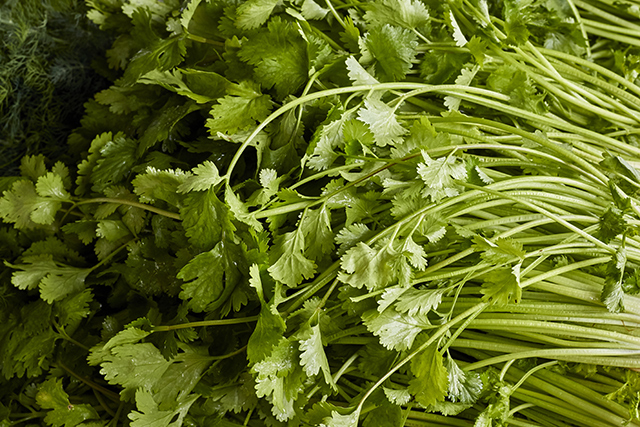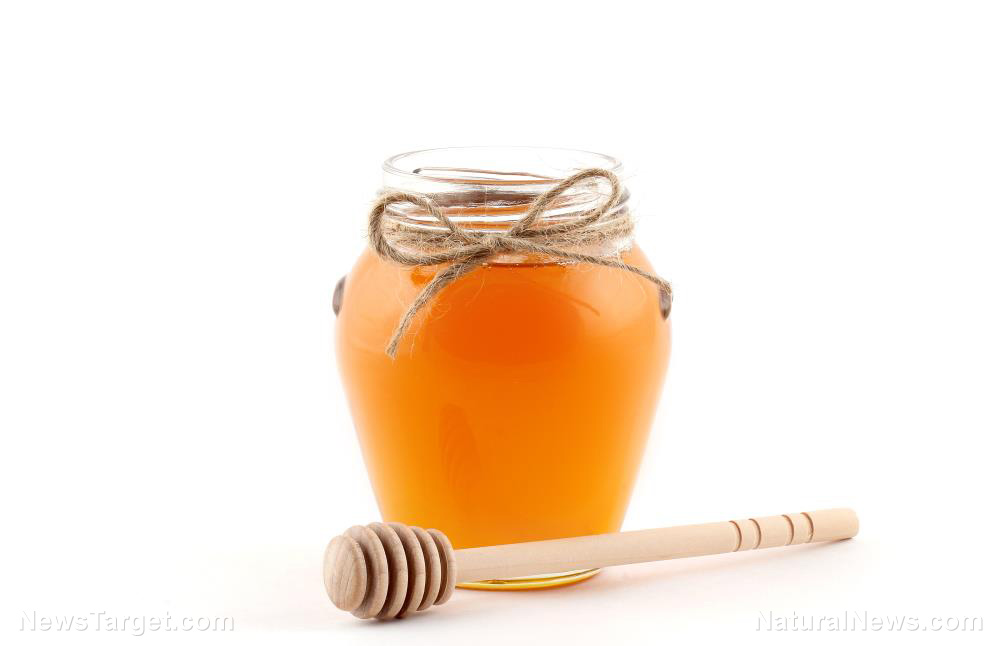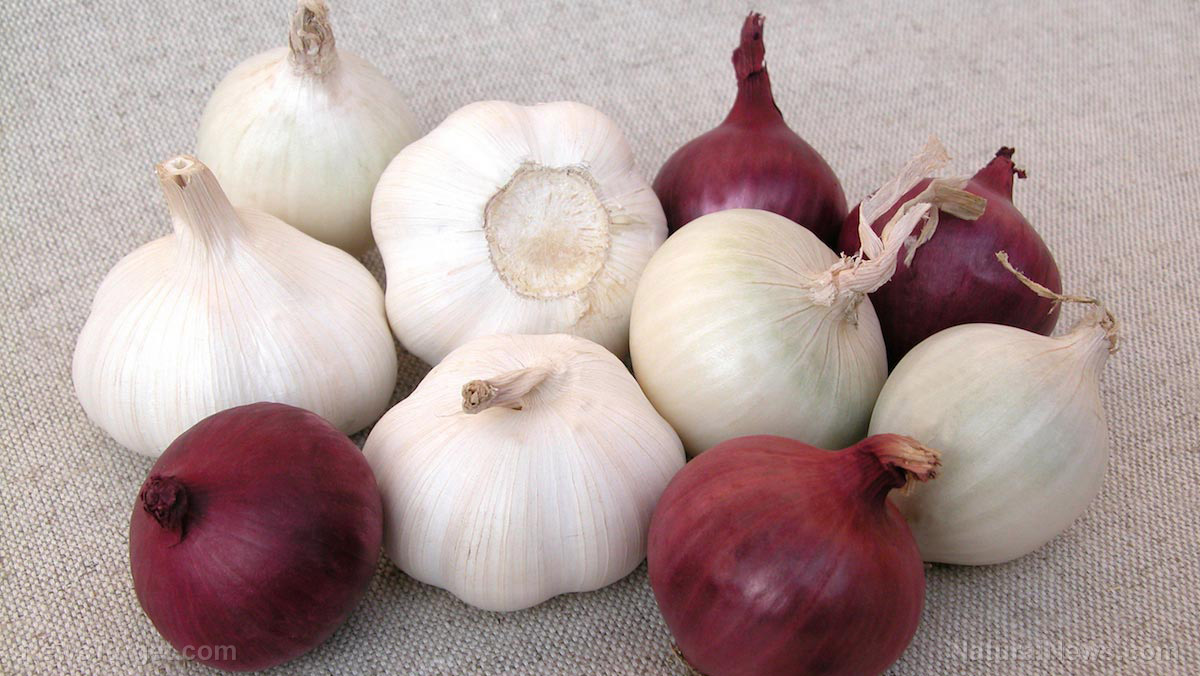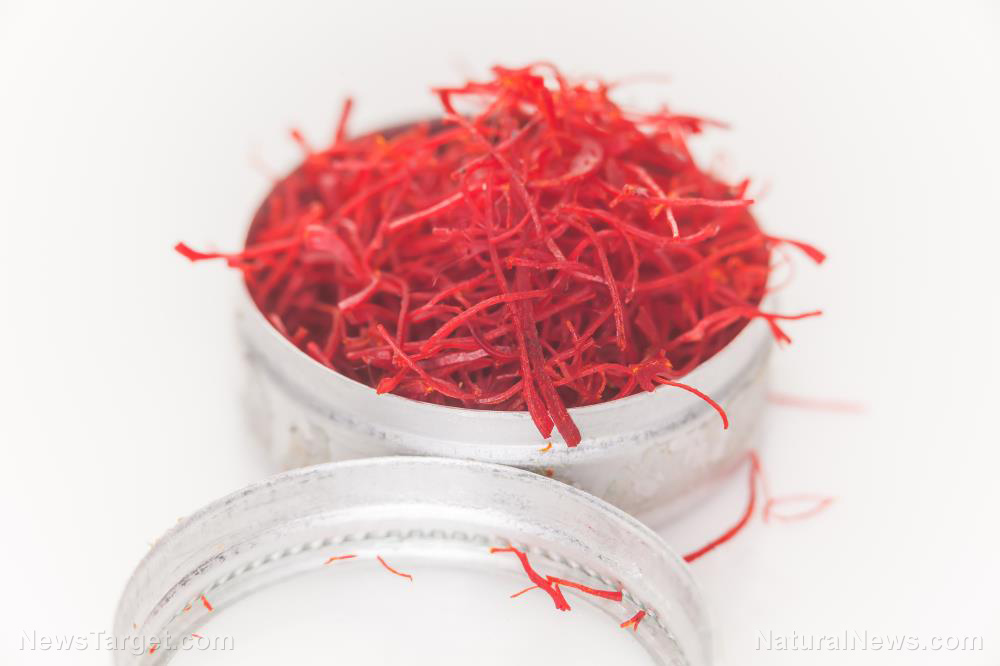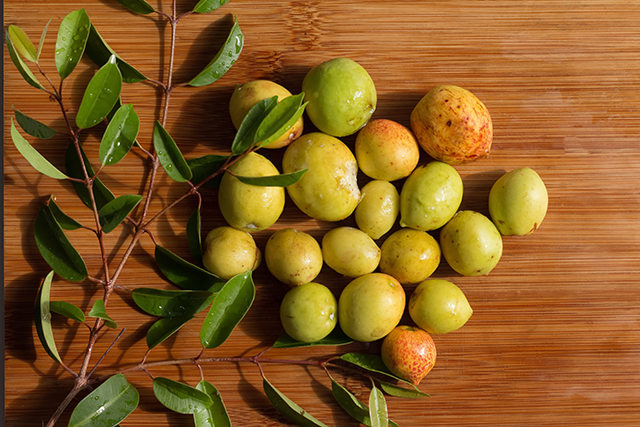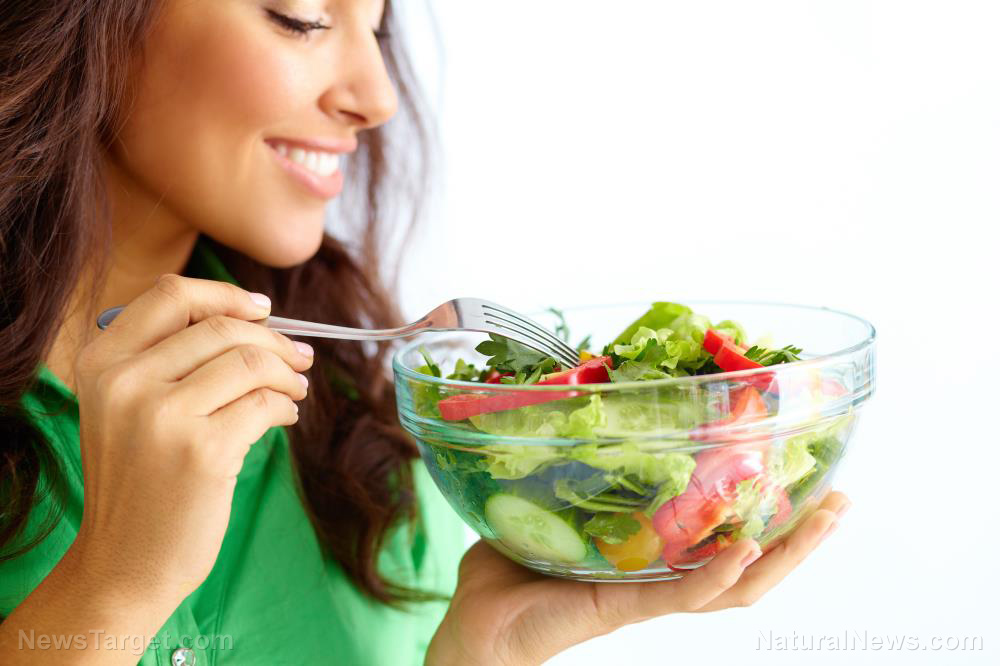Daily supplementation with these spore-forming probiotics improve stool frequency and consistency, even in healthy people
10/03/2018 / By Michelle Simmons

New research has found that taking probiotics, particularly the Bacillus subtilis C-3102 strain, every day may improve stool frequency and consistency in healthy people. The study, published in the journal Beneficial Microbes, looked at the effects of probiotic supplementation on loose stool symptoms.
For the study, the researchers based in Japan recruited 88 healthy adults aged between 20 and 79. Although the participants were healthy, they reported having loose stools. The participants were then randomly assigned to receive either a daily probiotic supplement or placebo for a period of eight weeks.
Based on the results, the probiotic supplements significantly improved stool frequency and consistency of the participants after only four weeks. The participants’ number of bowel movements per day decreased. These improvements were retained until the end of the study. Moreover, the probiotic group exhibited reductions in their stool frequency after eight weeks, as well as improvements in abdominal sounds.
In addition, the researchers evaluated the gut microbiota of the participants and discovered that there were significant changes in the relative abundance of Lachnospira, Actinomyces, and SMB53 in the probiotic group. However, the team emphasized that more research is needed to confirm if the changes in Actinomyces and SMB53 are associated with loose stools.
Based on the findings of the study, the researchers concluded that the supplementation of probiotics for four weeks or more is needed to improve chronic loose stools and symptoms of diarrhea.
Other sources of probiotics
Probiotics can also be found in foods. The following are probiotic foods that are super healthy:
- Kefir – Kefir, a fermented probiotic milk drink, is made by adding kefir grains to milk. Kefir grains are cultures of lactic acid bacteria and yeast that slightly look similar to cauliflower. It enhances bone health, improves digestive problems, and prevents infections.
- Kimchi – Kimchi is a fermented, spicy Korean side dish, typically made from fermented cabbage and flavored with a mix of seasonings. It contains lactic acid bacteria, such as Lactobacillus kimchii, which improve digestive health.
- Miso – Miso, a fermented soybean paste and Japanese seasoning, is packed with various vitamins, minerals, and plant compounds like vitamin K, manganese, and copper. It has been associated with a lower risk of breast cancer and stroke.
- Natto – Natto is a fermented soybean product. It contains a bacteria strain called Bacillus subtilis. Despite its pungent smell, slimy texture, and strong flavor, it is actually very nutritious. It is packed with protein and vitamin K2, which helps prevent osteoporosis and heart attacks.
- Pickles – Pickles are cucumbers that have been picked in a salt water solution. Pickles are low in calories but high in vitamin K. Moreover, they are a great source of healthy probiotic bacteria that support digestive health.
- Sauerkraut – Sauerkraut is finely cut, fermented cabbage that is packed with fiber, vitamins B, C, and K, and minerals such as iron and manganese. It is also rich in antioxidants lutein and zeaxanthin, which are essential for eye health.
- Tempeh – Tempeh, like miso, is a fermented soybean product with a nutty or earthy flavor. It is widely used as a high-protein meat substitute. It is a good source of vitamin B12, which is mainly found in meat, fish, dairy, and eggs.
- Yogurt – Yogurt is one of the best sources of probiotics. It is made from milk that has been fermented by good bacteria, primarily lactic acid bacteria and bifidobacteria. Eating yogurt may improve bone health, reduce diarrhea caused by antibiotics, and relieve symptoms of irritable bowel syndrome (IBS). Just make sure that your yogurt contains active or live cultures because not all yogurt contains live probiotics and some have been killed during processing. (Related: Probiotics help to repair the damage caused by antibiotics.)
Read more news stories and studies on probiotic supplements by going to SupplementsReport.com.
Sources include:
Tagged Under: alternative medicine, diarrhea, digestive health, herbal medicine, natural cures, natural medicine, nutrients, nutrition, probiotics, remedies, stool consistency, stool frequency, supplements


